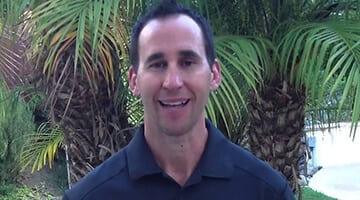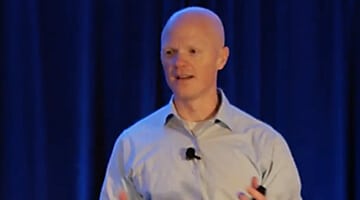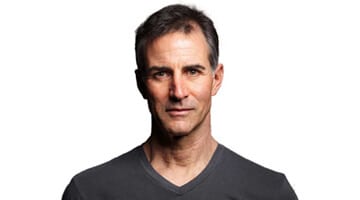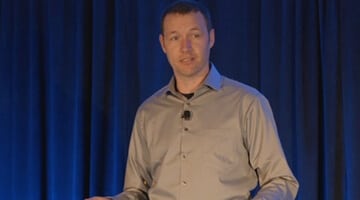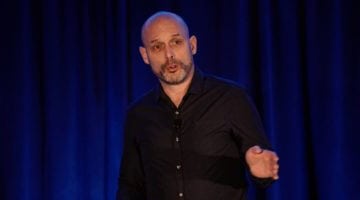Nina Teicholz joins me for a second time (listen to our first interview in episode 8), this time to discuss her groundbreaking work reforming our dietary guidelines. Nina is the bestselling author of The Big Fat Surprise: Why Butter, Meat and Cheese Belong in a Healthy Diet, and she is the Executive Director of the Nutrition Coalition, a non-profit organization that promotes evidence-based nutrition policy. During our discussion, Nina shares the origin of the nutritional guidelines, and the unbelieveable story of how they came to be. She also shares the frightening reality of how deeply the guidelines influence society and how they are based on flimsy data in desperate need of an update. Despite the simplicity of her mission, to base the guidelines on science, she has been consistently criticized and thwarted by the Medical Industrial Complex, disinvited from nutritional conferences, and targeted for unwarranted journal retraction. It's hard to believe, but it's all true! Listen to our interview to find out more!
Key Takeaways:
[3:12] The mission of the Nutrition Coalition.
[5:48] The nutritional guidelines have a far-reaching influence over many different sectors.
[11:05] Are nutritional guidelines evidence-based and who creates them?
[17:44] Nina was disinvited to be on a food policy panel from the National Food Policy Conference.
[26:05] In the 1950's, why was saving middle-aged men from heart disease all the rage?
[28:55] Does the government belong in the position of giving dietary advice?
[35:35] The Nutrition Coalition has been critical of the non-science-based guidelines and the US media for generalizing what is good for an entire population.
[44:42] What you can do to help make the necessary changes.
Mentioned in This Episode:
Nina Teicholz Part #1, Low Carb Cardiologist Podcast Episode #8
The Big Fat Surprise: Why Butter, Meat, and Cheese Belong in a Healthy Diet, by Nina Teicholz
This Episode is Sponsored by LowCarbCardiologist.com and Your Best Health Ever! The Cardiologist's Surprisingly Simple Guide to What Really Works,
by Bret Scher, M.D., FACC


